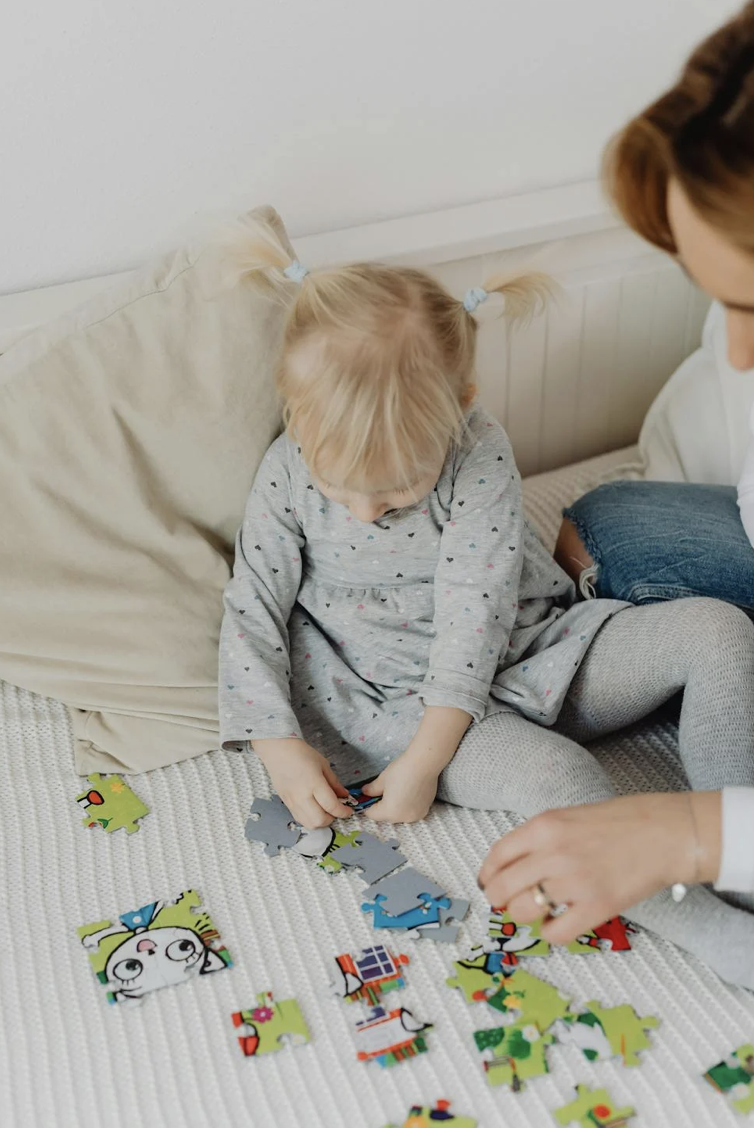Self Regulation for Children
Self-regulation refers to the ability to manage one's emotions, thoughts, and behaviors in various situations. The ability to manage stress plays a crucial role in the development of emotional intelligence and involves skills such as self-control, stress management, and goal-setting. For children, developing self-regulation is an essential part of growing up, helping them navigate the complexities of their social and academic environments effectively.
In practice, self-regulation for children can manifest in several ways. A child demonstrating good self-regulation might be able to wait patiently for their turn in a game, resist the impulse to shout when they are frustrated, or remain focused on a task despite distractions. It can also involve recognizing when they need a break to calm down and using strategies like deep breathing or asking for help when needed.
Developing self-regulation is a gradual process, influenced by a child's environment, the guidance they receive from caregivers, and their own experiences. Encouraging self-regulation involves creating supportive and structured environments, modeling appropriate behaviors, and teaching children specific strategies to manage their emotions and behaviors effectively. As children grow and their self-regulation skills improve, they are better equipped to handle challenges, build positive relationships, and perform well in school.
Movement
Movement is an effective way for children to receive sensory input and reduce sensory overload. Physical activities, such as running, jumping, or even simple stretching exercises, can serve as a break from stressful situations. Engaging in movement helps children to reset and can be incorporated in various ways, from structured sports to unstructured play. Sometimes, the tension in our bodies signals a need for movement. Regular physical activity increases the release of endorphins, which are natural brain chemicals that enhance our sense of well-being. Endorphins act as natural mood stabilizers and are crucial for healthy brain activity.
Familiar Items
Having a box of familiar items handy can be beneficial when a child experiences sensory overload. These items might include favorite toys, blankets, or stress balls that provide comfort and a sense of security. Access to these objects can help a child feel grounded and more capable of managing their emotions.
Mindful Stories
Mindful stories that focus on breathing, visualization, and guided imagery can help children become calmer and more settled. These stories often incorporate techniques that promote relaxation and mental focus, allowing for smoother transitions between activities and reducing anxiety.
The Peaceful Garden
Once upon a time, a little girl named Emma loved visiting her grandmother’s garden. One day, when Emma felt upset, Grandma suggested they visit a peaceful garden in their minds.
"Close your eyes," Grandma said, "and take a deep breath in through your nose, like you're smelling the flowers." Emma did, feeling calm. "Now, breathe out slowly through your mouth, letting go of any worries."
"Imagine we're walking through the garden," Grandma continued. "We see colorful flowers and feel the warm sun. Whenever you feel upset, remember our peaceful garden. Take deep breaths and think about the flowers and sunshine."
Emma smiled, feeling relaxed, knowing she could always find calmness in her peaceful garden.
Patterns
Activities involving patterns, such as matching, sorting, and coloring, can be particularly soothing and comforting for children. Engaging in these activities can help a child self-regulate quickly, providing a sense of order and predictability that is reassuring.
Take a Break
Taking breaks, especially outside in nature, can significantly impact a child's ability to self-regulate. Scheduled or unscheduled breaks that allow for a change of scenery and interaction with nature can help children feel calmer and more relaxed. This practice encourages mindfulness and provides a necessary respite from overstimulation.
Incorporating these strategies into daily routines can significantly improve a child's ability to self-regulate, fostering better emotional and behavioral outcomes. Teaching children to manage their responses equips them to navigate challenges Seeking support from a therapist can further enhance their development in these essential skills, ensuring long-term emotional well-being and resilience.

